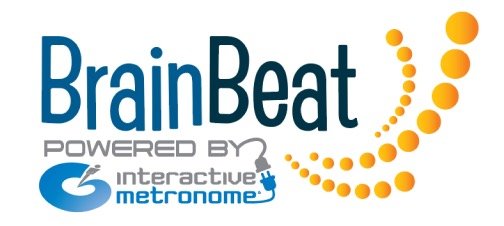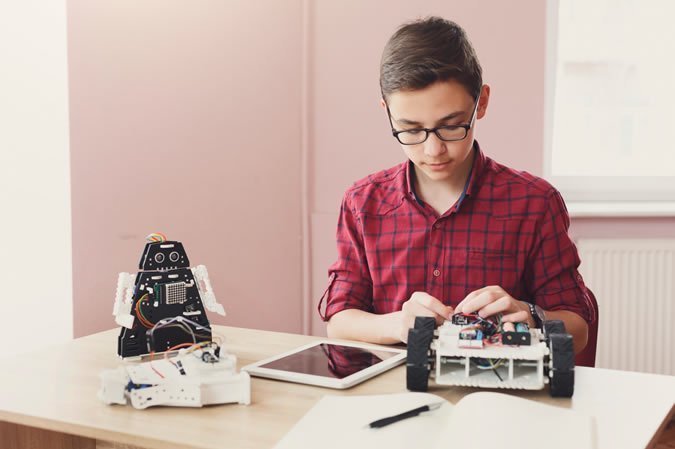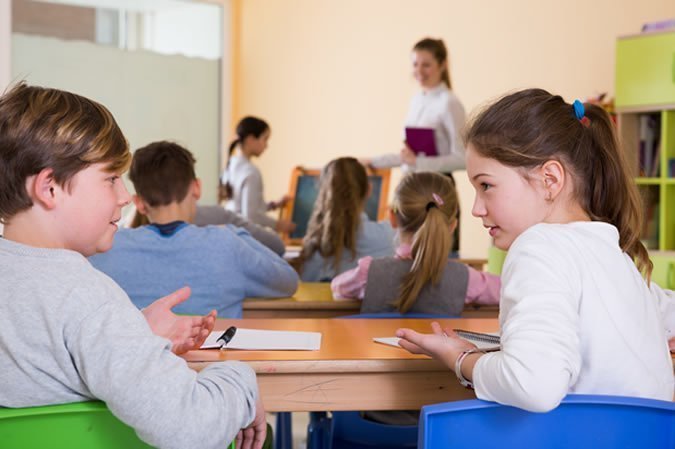Do ADHD Drugs Really Work?
That’s the real question, isn’t it? Your child has trouble focusing, and you want to help. But are drugs really the answer?
There has been an incredible surge in ADHD diagnoses and drug prescriptions in the last decade. In fact, 41% more children ages 4-17 have been diagnosed with ADHD in the past ten years, and there has been a twentyfold increase in the consumption of drugs for attention deficit disorder in the past 30 years.
What is even more surprising is that the drugs prescribed for ADHD are not showing positive academic results.
In 2013, the National Bureau of Economic Research looked at nearly 4,000 students over an average of 11 years and found that students who took ADHD drugs actually performed worse than students with similar symptoms who did not take the drugs. In addition, increased drug use was associated with increased unhappiness, worse relationships with parents, increased anxiety and depression...











